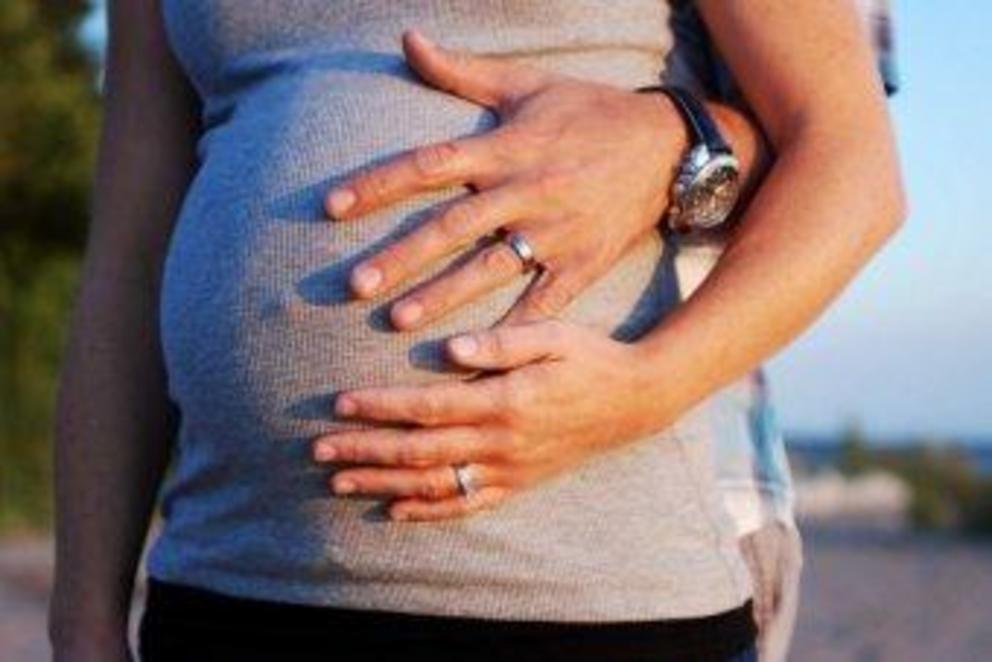Gut bacterium could play a role in reducing the risk of children's food allergies, study finds
Australian researchers have linked the presence of a bacterium in a pregnant woman's gut to a reduced risk of their baby developing food allergies.
Key points:
- Scientists think the microbe Prevotella copri could be linked to food allergies
- Australia has the highest reported rate of food allergies in the world
- Researchers hope the findings give them a "clue" to develop a supplement for mothers
The microbe Prevotella copri is found in the gut of most people living traditional hunter-gatherer lifestyles, but is far less prevalent in people living in Western countries.
The study — a collaboration between Barwon Health, Deakin University and the Murdoch Children's Research Institute — involved data collected from more than 1,000 mothers and their babies in Victoria's Barwon region between 2010 and 2013.
The researchers took faecal samples from the women when they were 36 weeks pregnant, and their infants at one, six and 12 months old.
They identified 61 children with an allergy to food including eggs, peanuts and cow's milk.
For the rest of this article please go to source link below.

